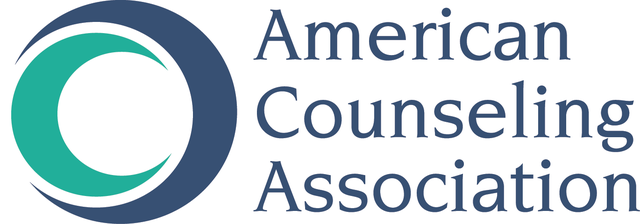Health Inequality: What Counselors Need to Know to Act
Full description
The United States is known as the land of opportunity. Many have immigrated to the United States hoping to find a better future. Among the developed countries, the United States is ranked 29th for inequality (Bezruchka, 2012). Furthermore, the gap has widened over the past decade (Blank, 2011). An individual’s social position can reveal much about their health trajectory. This social position is associated with an individual’s context—place matters (Subramanian, Jones, & Duncan, 2003). This paper examines the consequences of inequality that bring about persistent poor health outcomes using ecological counseling theory, Pierre Bourdieu’s theory, social determinants of health frameworks, and avenues for ameliorating the impact of health inequalities.
Comments
to view and add comments.
Annotations
No one has annotated a text with this resource yet.
- typePdf
- created on
- file formatpdf
- file size263 kB
- container titleVISTAS Online
- copyright statusIn Copyright
- creatorDavid E. Jones and Mei Tang
- issue2015
- publisherAmerican Counseling Association
- publisher placeAlexandria, VA
- rights holderAmerican Counseling Association
